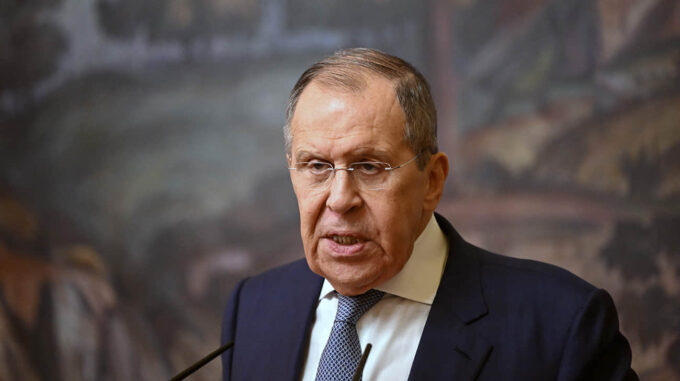In the scale and cooperation established within the diplomatic process in Istanbul, Turkey again acts as a potential platform for negotiations between Russia and Ukraine

This was stated by Russian Foreign Minister Sergey Lavrov during a press conference in Moscow on Tuesday, highlighting that the country hosting the talks in Istanbul has the best opportunities for holding a second round of negotiations. Responding to a question about the possible venue for new diplomatic talks, Lavrov explicitly noted: "If you ask me, I would again turn to our Turkish friends — Istanbul is very suitable." Interestingly, this statement came amid heightened diplomatic activity — Turkey, which plays the role of a neutral mediator in the conflict, is currently ready to support any efforts to establish peace on Ukrainian soil. For his part, Turkish Foreign Minister Hakan Fidan confirmed that his country "is always ready to provide a platform" for further negotiations between the sides. "We see it as our obligation to ensure peace on the planet," he emphasized during his double visit to Moscow, where he met with Russian President Vladimir Putin and the chief negotiator of the Russian delegation in Istanbul, Vladimir Medinsky. Meetings of high-level diplomatic representatives took place amid discussions on the development of the situation following the first negotiations in Istanbul, held on May 16. According to Reuters, in the near future, Fidan plans to visit Kyiv to reinforce diplomatic dialogue and facilitate the search for compromise solutions. Against the backdrop of diplomatic steps, the Kremlin once again emphasizes its readiness to work on a memorandum — a document that would enshrine the terms of a ceasefire and other measures to reduce tension. Russian President Vladimir Putin previously stated that Russia is allegedly prepared to work on such a memorandum with Ukraine, which also envisages the possibility of a short-term cessation of active hostilities. However, the Ukrainian side remains cautious and questions Russia's intentions. On May 23, President Volodymyr Zelensky sharply responded to this initiative, calling it "a mockery of the entire world." He stated that, confirming rejection of any formulations, Moscow has been formulating the so-called "memorandum" for a ceasefire for almost a week, while visibly not taking concrete steps toward its implementation. This situation hampers the prospects for a quick resolution of the conflict, while also highlighting the complexity and multifaceted nature of the diplomatic process. Turkey, remaining an active mediator, hopes that over time circumstances will favor the signing of a long-awaited agreement and the establishment of peace between Ukraine and Russia. But whether diplomatic efforts can overcome obstacles in this tense and prolonged process remains an open question.

